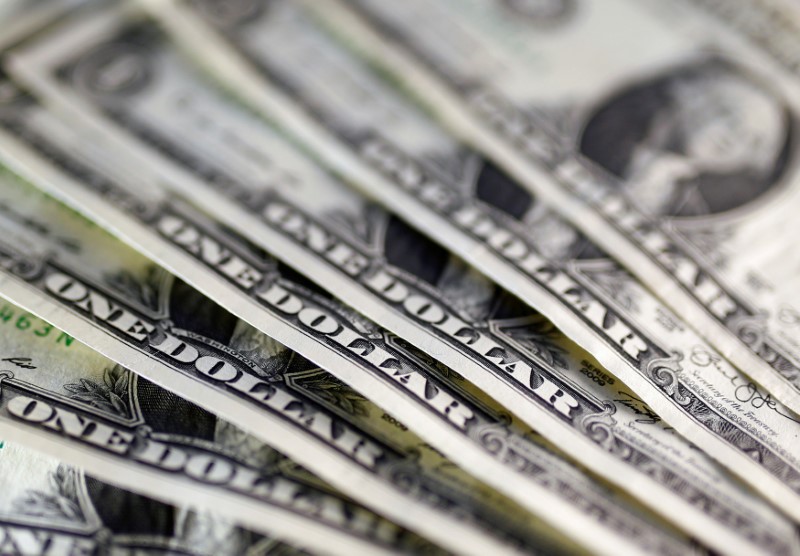Investing.com - The dollar surged against higher-yielding currencies on Monday as a plummeting Argentinian peso sent shockwaves through emerging markets.
The dollar rose by more than one-third against the peso after a weekend primary for presidential elections in the G20 member later this year showed incumbent Mauricio Macri far behind his biggest rival, the populist Alberto Fernandez.
Fernandez' running mate is former president Cristina Fernandez de Kirchner, from whom Macri took over as President in 2015. Fernandez is viewed with suspicion by many investors, who remember the capital controls, high inflation and chronic economic problems of de Kirchner's last administration.
The shock also weakened of other emerging currencies perceived as vulnerable, especially at a time of slowing global growth. The dollar rose by 1.3% against the Brazilian real and by 1.0% against the Mexican peso. Further afield, it also rose by 1.2% against the {{|Turkish lira}} and by 0.5% each against the Russian ruble and South African rand.
By 11:20 AM ET (1520 GMT), the peso had recouped some of its losses to trade at 53.50 to the dollar, compared to a rate of 45.25 before the poll.
Macri now faces little choice but to reinstate capital controls, abandoning one of the biggest achievements of his presidency, analysts said.
The peso's collapse "makes things worse for Macri, as peso stability (was) supposed to arrest political costs of his IMF-supported austerity," Daniela Gabor, a professor of economics at the University of the West of England, said via Twitter. "Difficult to see how Macri can hold onto power while inflicting such high social costs."
Emerging market currencies have been caught this year between slowing global demand for the commodities they export, which puts downward pressure on them, and the promise of lower dollar interest rates, which relieves that pressure. While they have mostly held their own against the dollar so far this year, the Argentinian peso, ruble and lira have all been pulled lower in recent weeks by a weakening Chinese yuan.
The yuan was fixed at a new 11-year low against the dollar by the Chinese central bank on Monday, allowing the mainland and offshore rates to weaken a little more.
The Japanese yen, which is seen as a safe haven in times of market turmoil, rose to a new 15-month high of 105.05 before retreating a little to 105.31, a gain of 0.3% on the day.
The U.S. dollar index, which measures the greenback’s strength against a basket of six major currencies, fell 0.1% to 97.192.
The euro, meanwhile, rose a little as Italy's political parties tried to stop a push for snap elections that opinion polls suggest would hand power to the populist right-wing Lega party of Matteo Salvini. EUR/USD rose 0.2% to 1.1218. GBP/USD rebounded 0.5% to 1.2092.
